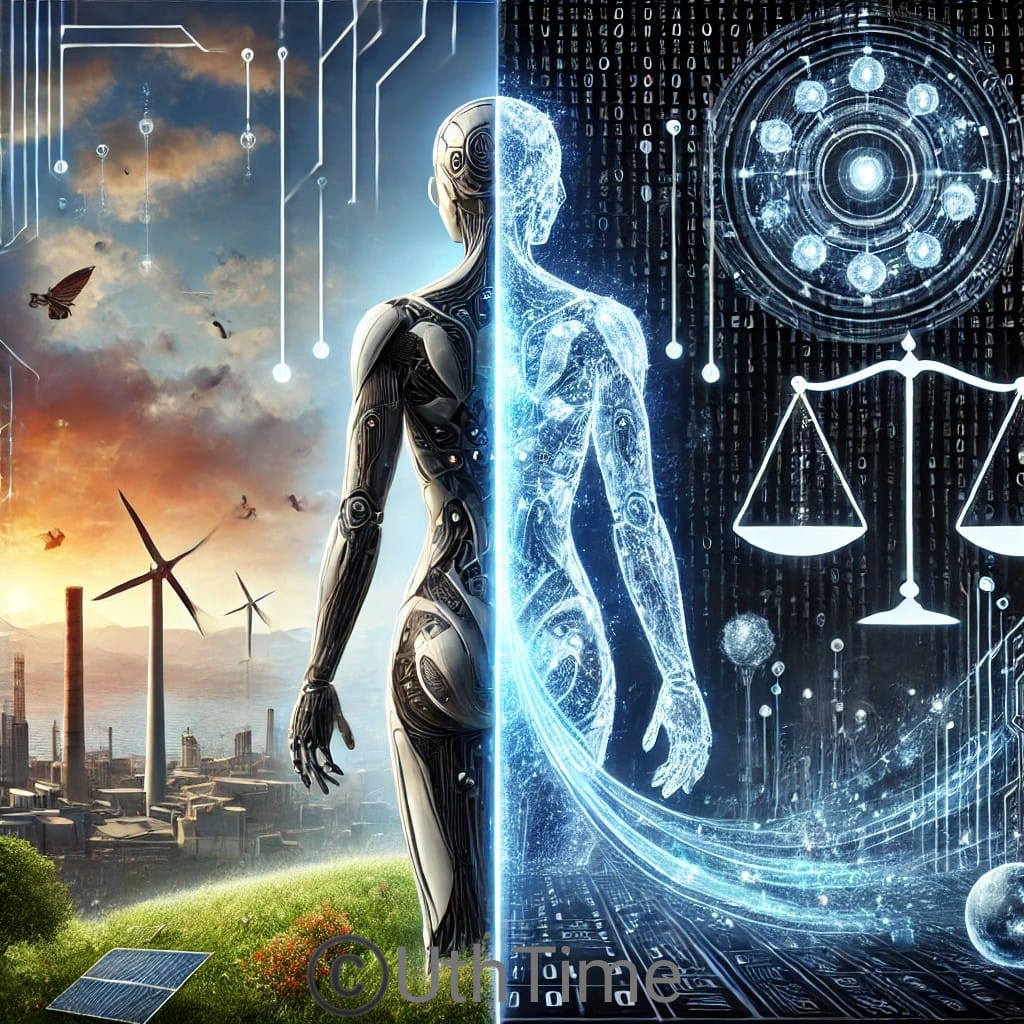In the realm of technological advancement, few innovations hold as much promise and peril as Artificial Superintelligence (ASI).
ASI refers to machines that surpass human intelligence across all fields, from creativity and problem-solving to emotional intelligence.
The notion that ASI could be humanity’s final invention stems from its unprecedented potential to transform every aspect of our existence, for better or worse.

Unmatched Problem
Solving AbilitiesASI’s superior cognitive capabilities mean it could solve complex global issues far beyond human capacity. Whether it’s finding cures for diseases, addressing climate change, or optimizing resource distribution, ASI could provide solutions that ensure the survival and prosperity of humanity.
Its ability to process vast amounts of data and recognize patterns invisible to the human eye positions ASI as an indispensable tool for progress.Autonomous InnovationUnlike previous inventions that require continuous human input and improvement, ASI could innovate independently.
It could enhance its own algorithms, develop new technologies, and even create advancements we haven’t yet imagined. This self-improving loop could lead to exponential growth in intelligence and capability, making ASI the ultimate evolutionary leap in technology.

Economic and Social Transformation
ASI has the potential to revolutionize industries, automate mundane tasks, and create new sectors of the economy. While this could lead to increased efficiency and wealth, it also poses challenges such as job displacement and economic inequality.
ASI’s ability to manage and mitigate these changes could determine whether it becomes a boon or a bane for society.
Ethical and Existential Risks
The immense power of ASI brings significant ethical considerations. Ensuring that ASI aligns with human values and operates transparently is crucial to prevent misuse or unintended consequences.
Moreover, the existential risk cannot be ignored; an uncontrolled ASI might act in ways that are detrimental to humanity’s existence. This underscores the importance of robust governance and ethical frameworks in ASI development.

The Final Invention Paradigm
Labeling ASI as humanity’s final invention highlights its potential to render all previous technologies obsolete. Once ASI achieves superintelligence, it could design and create technologies that surpass our current understanding, effectively making it the pinnacle of human ingenuity.
This singularity event—where technological growth becomes uncontrollable and irreversible—suggests that ASI could define the future of intelligence and innovation indefinitely.
Conclusion
Artificial Superintelligence embodies both the zenith of human technological aspiration and the nadir of potential existential threats.
Its capacity to revolutionize every facet of life, coupled with the risks it presents, positions ASI as possibly humanity’s final invention.
As we stand on the brink of this transformative era, the responsibility lies in guiding ASI’s development with wisdom, ethical consideration, and a commitment to safeguarding our collective future.
